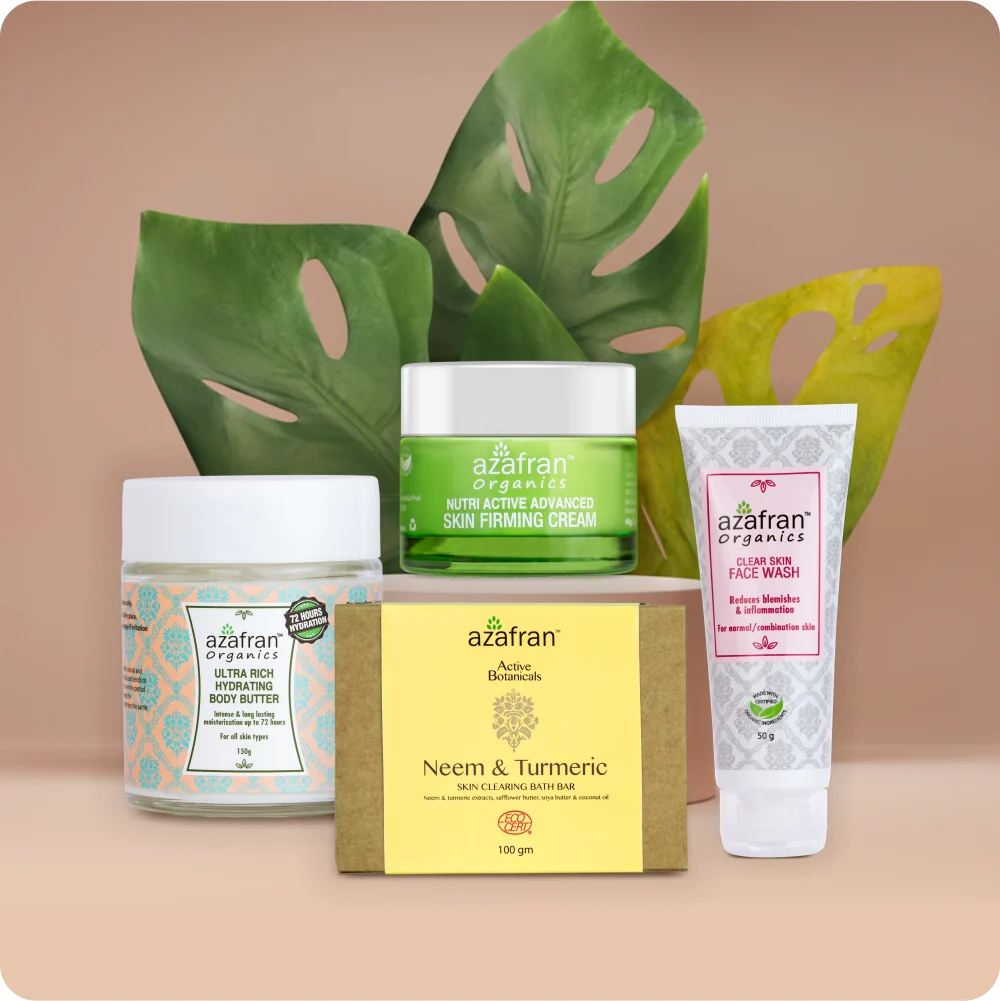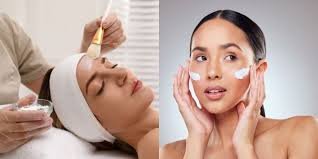Introduction
Your skin is the largest organ of your body, and taking proper care of it is essential for health, confidence, and well-being. A good skin care routine can prevent premature aging, protect against environmental damage, and keep your skin looking its best.
Key Takeaways:
- Identify your skin type to choose the right products.
- Follow a structured skincare routine with cleansing, moisturizing, and SPF protection.
- Use natural and dermatologist-approved ingredients like hyaluronic acid and vitamin C.
- Stay hydrated and maintain a skin-friendly diet.
- Protect your skin from sun damage and pollution.

Understanding Skin and Its Needs
Skin Structure and Function
Your skin consists of three main layers:
| Skin Layer | Function |
|---|---|
| Epidermis | Outer protective barrier that sheds dead skin cells. |
| Dermis | Contains collagen, elastin, and blood vessels, supporting skin elasticity. |
| Hypodermis | The deepest layer, providing insulation and cushioning. |
Each layer plays a crucial role in keeping your skin healthy, hydrated, and resilient.
How to Determine Your Skin Type
Knowing your skin type helps in selecting the right products.
| Skin Type | Characteristics | Best Skincare Approach |
| Oily Skin | Shiny, enlarged pores, acne-prone. | Use oil-free cleansers, lightweight moisturizers, and salicylic acid. |
| Dry Skin | Flaky, tight feeling, dull complexion. | Hydrating cleansers, rich moisturizers, and hyaluronic acid. |
| Combination Skin | Oily T-zone, dry cheeks. | Use a balanced skincare approach with lightweight hydration. |
| Sensitive Skin | Easily irritated, prone to redness. | Gentle, fragrance-free products with soothing ingredients like aloe vera. |
The Core Skincare Routine
A solid skincare routine includes the following steps:
Step 1: Cleansing
- Removes dirt, oil, and makeup.
- Prevents clogged pores and breakouts.
- Choose a gentle, sulfate-free cleanser for daily use.
Step 2: Toning
- Restores pH balance.
- Helps skin absorb serums and moisturizers.
- Use alcohol-free toners with soothing ingredients like witch hazel or rose water.
Step 3: Moisturizing
- Keeps skin hydrated and prevents dryness.
- Locks in moisture and strengthens the skin barrier.
- Choose a lightweight gel for oily skin and a richer cream for dry skin.
Step 4: Sun Protection
- Shields against UVA/UVB damage.
- Reduces risk of skin cancer and premature aging.
- Use broad-spectrum SPF 30+ sunscreen daily.
Advanced Skincare Techniques
Exfoliation: Revitalize Your Skin
Exfoliation removes dead skin cells and reveals fresh skin.
| Exfoliation Type | Best For | How Often |
| Chemical (AHA/BHA) | Acne-prone, aging skin | 2-3 times per week |
| Physical (Scrubs, Brushes) | Normal to oily skin | 1-2 times per week |
Serums and Active Ingredients
- Hyaluronic Acid – Boosts hydration.
- Vitamin C – Fights dark spots and dullness.
- Retinol – Reduces fine lines and acne.
- Niacinamide – Balances oil production and soothes redness.

Face Masks: Weekly Skin Boost
| Mask Type | Benefits |
| Clay Mask | Absorbs excess oil and purifies pores. |
| Sheet Mask | Delivers deep hydration and nutrients. |
| Peel-Off Mask | Removes dead skin and boosts glow. |
Diet, Hydration, and Lifestyle Tips
Your diet and lifestyle choices play a vital role in your skin health.
Foods for Glowing Skin
| Nutrient | Food Sources | Benefit |
| Omega-3 Fatty Acids | Salmon, walnuts, flaxseeds | Reduces inflammation |
| Vitamin E | Almonds, sunflower seeds | Protects against UV damage |
| Antioxidants | Blueberries, green tea | Fights free radicals |
| Collagen-Boosting Foods | Bone broth, citrus fruits | Supports skin elasticity |
Hydration: The Secret to Radiant Skin
- Drink 8-10 glasses of water daily.
- Use hydrating skincare products like hyaluronic acid.
- Reduce caffeine and alcohol, which can cause dehydration.
Lifestyle Factors That Affect Skin
- Sleep – 7-9 hours per night for skin repair.
- Stress Management – Meditation and exercise help prevent breakouts.
- Exercise – Improves blood circulation and skin glow.
Treating Common Skin Concerns
Acne and Breakouts
- Use salicylic acid and benzoyl peroxide.
- Avoid over-washing, which can cause irritation.
Hyperpigmentation and Dark Spots
- Apply vitamin C serum.
- Use sunscreen to prevent further damage.
Wrinkles and Fine Lines
- Use retinol-based products.
- Hydrate with collagen-rich moisturizers.
Choosing the Right Skincare Products
- Read ingredient labels carefully.
- Avoid parabens, sulfates, and artificial fragrances.
- Choose dermatologist-recommended brands.

Frequently Asked Questions
What is the best skincare routine for beginners?
A simple routine includes:
- Gentle cleanser
- Hydrating toner
- Moisturizer suited for your skin type
- SPF 30+ sunscreen every morning
How can I get rid of acne naturally?
- Cleanse with tea tree oil or aloe vera.
- Use honey masks for antibacterial effects.
- Avoid touching your face.
Is it necessary to use sunscreen every day?
Yes! UV rays damage skin even on cloudy days. Use broad-spectrum SPF 30+ daily.
How often should I exfoliate?
- Oily skin: 2-3 times per week.
- Dry or sensitive skin: 1-2 times per week.
What are the best anti-aging ingredients?
- Retinol – Increases collagen production.
- Vitamin C – Brightens and repairs.
- Hyaluronic Acid – Keeps skin hydrated.
Conclusion
A consistent skincare routine, the right ingredients, and a healthy lifestyle will help you achieve radiant, healthy skin. Identify your skin type, choose high-quality products, and protect your skin from sun damage and pollution for the best results. Start today and enjoy glowing, youthful skin for years to come!

1 thought on “The Ultimate Skin Care Guide: 5 Tips, Routines & Best Products for Healthy Skin”